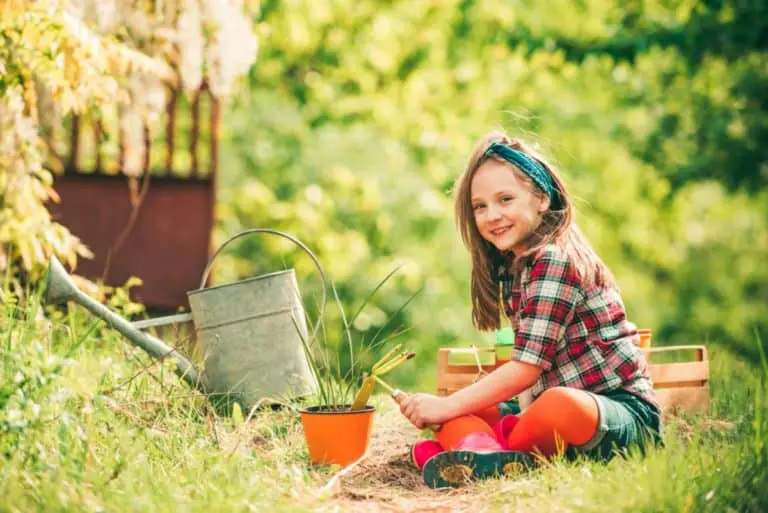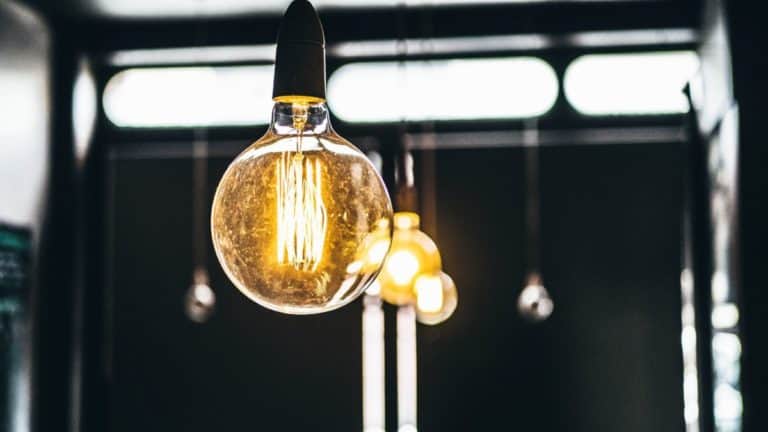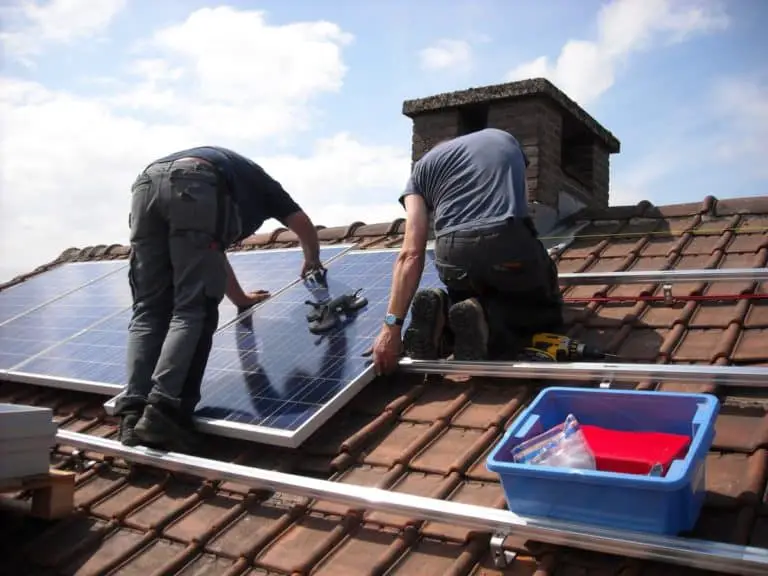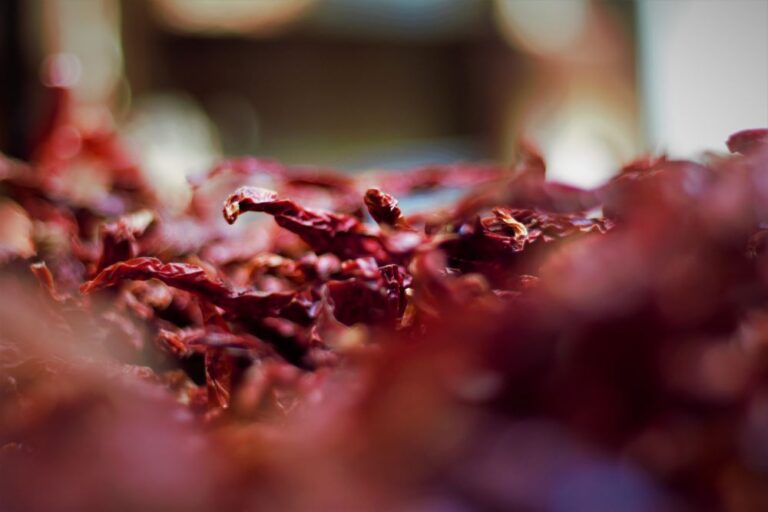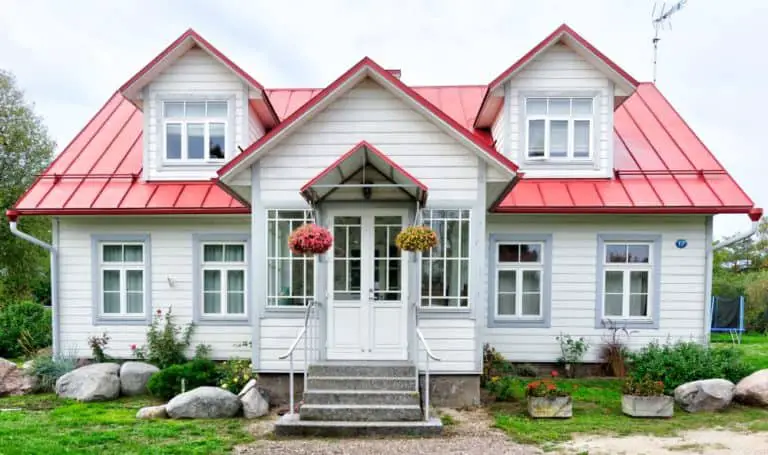What Is an Off-Grid Home?
I used to have a fixed idea of an off-grid home. I pictured it as a log cabin on a bare hillside, covered in solar panels, and next to a tall wind turbine. This is what some off-grid homes look like, but there are many other types too.
An off-grid home is any home that uses alternative sources for power and water and isn’t connected to a utility. It can also have an independent system for sewerage and may produce and store food. Some people also like to include a focus on eco-friendly, or self-sufficient principles.
The types of off-grid-homes are just as varied as the types of people who live in them. I let my preconceptions of what an off-grid home had to be, stop me from achieving my goals sooner.
For ages, I put off going off-grid because I thought it involved moving to a remote area or buying a large piece of land. If I kept waiting for that, I would never have the money, and my family would’ve been significantly less excited than I would be.
Are All Off-Grid Homes the Same?
As long as your power and water are independently sourced, you are off-grid, and the rest is up to you. The aim of the off-gridder is often to reduce their reliance on the usual support systems and to gain more independence.
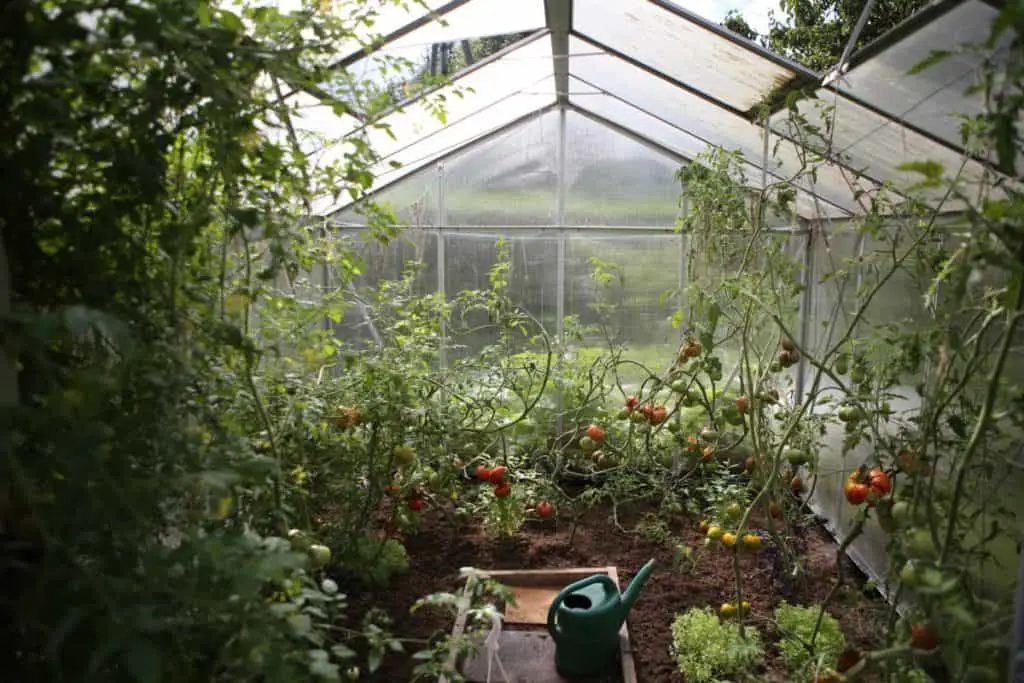
As a result, many off-grid homes aim to provide their own food, reduce waste, and increase their power efficiency. Common features you might choose to include are alternative power sources like solar or wind, vegetable gardens and livestock, wells or water collection systems, rainwater filtration, no connection to on-grid sewerage, and composting toilets.
The home itself can be anything from a small log cabin to a large purpose-built eco-home, but it can also just as successfully be a converted family home. For me, being off-grid means living in the suburbs, running my home on a mixture of solar and wind power, and supplying most of our water from storage butts.
We still use a small amount of water utility and have yet to disconnect from the mains. Every year we use more and more of our own produce in our meals, including vegetables, fruit, and eggs from our hens. The hens also help by turning the earth and fertilizing our fruit trees.
Check out my recommendations for essential off-grid tools and equipment.
Where Do Off-Grid Homes Get Their Power?
The will to live off-grid often seems to be accompanied by an incredible amount of creativity and outside of the box thinking. Powering a home without the electricity grid is the ultimate challenge and one that many people overcome. There is no ‘one size fits all solution,’ but there are some standard methods that many people have had success with.
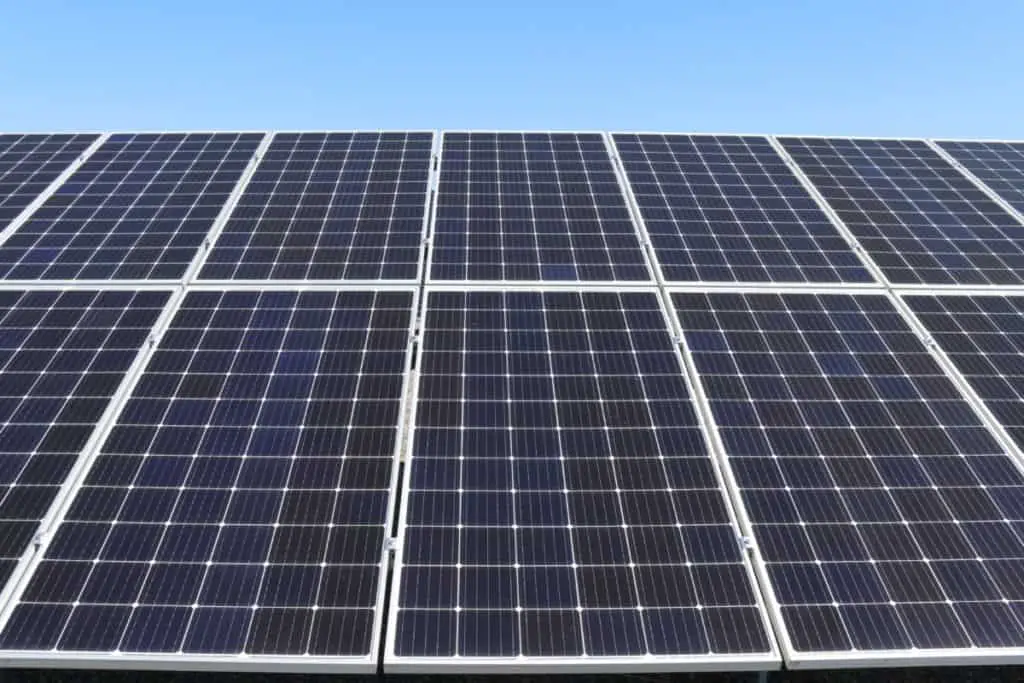
Most off-grid homes rely on their battery bank; these batteries are cleaned, maintained, and charged with great care. Whatever your method of charging them, it is the battery that holds your off-grid life in its hands. You will either see a solar panel system hooked up to a power inverter that connects to the home grid or one that goes to the inverter, then to a battery, and finally to the home grid.
As a side note, I also wrote a guide to solar inverters and an article called What is the best battery for a solar power system?
Some systems also incorporate a wind turbine, although very few homes operate solely on wind power. The battery offers an essential service because most renewable energy sources like solar panels or turbines don’t supply a continuous supply.
Depending on the weather or other factors, you may suddenly lose power, or you may get more one day than the next. By storing energy in batteries, you can save any excess for the times when it is in shorter supply.
Relevant recommendations: Best Solar Power Equipment for Your Off-Grid Home
How Do You Supply an Off-Grid Home With Water?
How you get your water to your home depends massively on your surrounding area and any land you may be lucky enough to have.
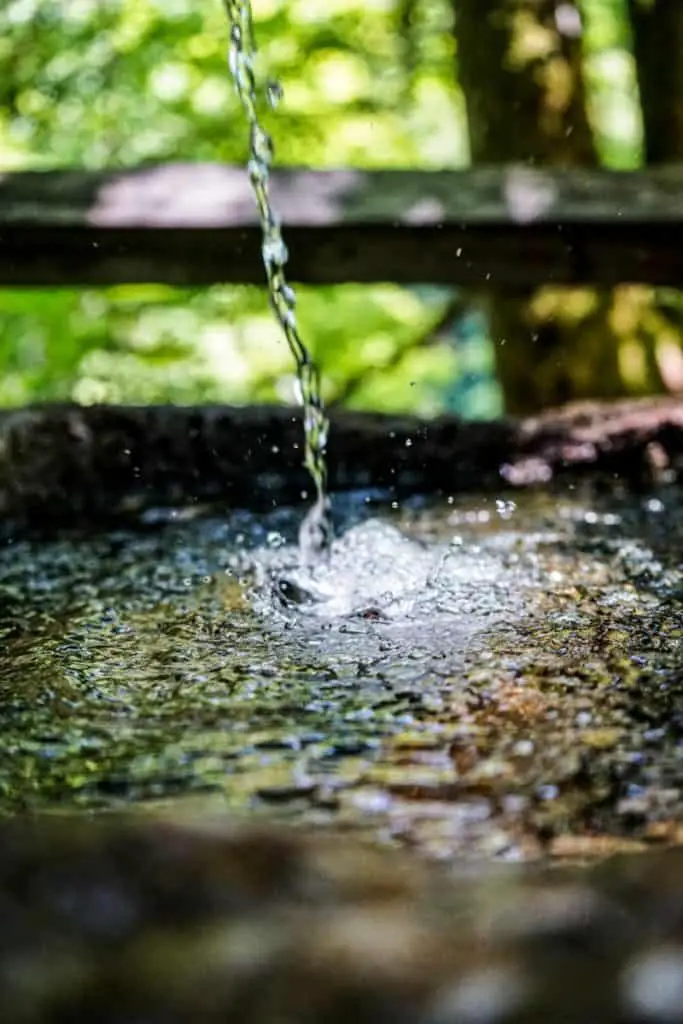
Rivers, wells, and springs-The ideal answer to this question would be to locate a water source. This could be a river or underground source that could be dug to create a well. Unfortunately, wells are not as abundant as the people who want to have them located on their land.
Rain collection- The other option is to find every container you can lay your hands on and catch and store as much rainwater as you can. You can either catch it directly into buckets or buts or use guttering to collect any water that lands on your roof. Several inventive homesteaders create rain collectors from plastic sheets that collect then channel the rain into an underground tank.
Water storage-Once you have this water, it is often stored until it’s needed. It can then be run through a filtration system to be ready for use. Without the water pressure supplied by mains pipes, you may have to be creative with pumps and tanks to get it to go exactly where you want it.
Wastewater- Another great way to produce water is not to get rid of it. With some crafty plumbing, many off-gridders try and prevent water from leaving in waste pipes. Dirty water can be collected, filtered, and stored again. It takes more effort to get it, so don’t waste it.
For more information about off-grid water checkout my water and plumbing equipment recommendations.
Do You Have to Live Off-Grid All Year Round?
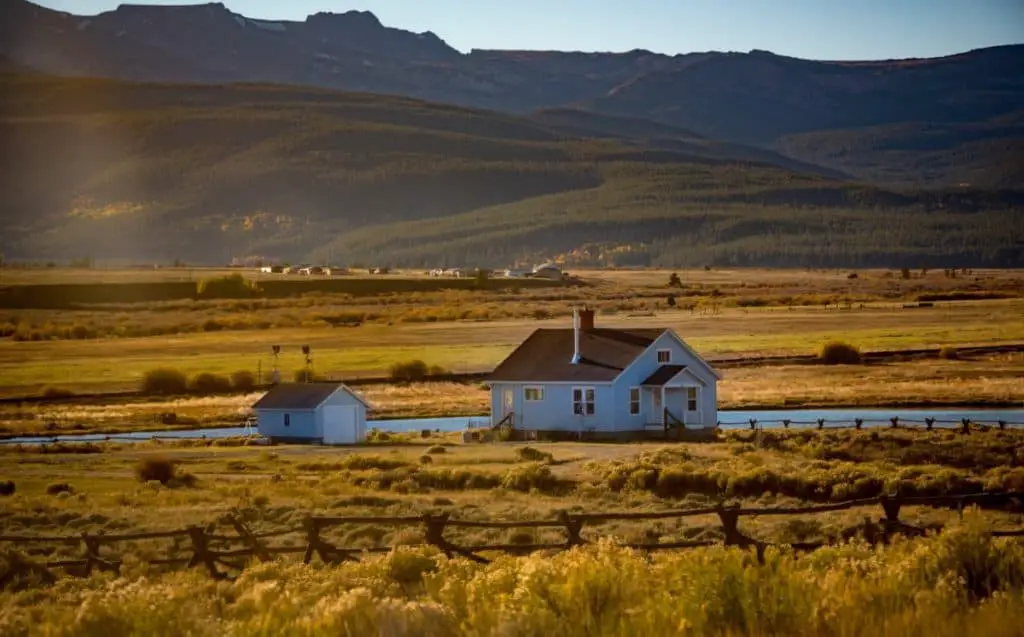
How long or often you choose to live off-grid depends on your situation. If you live in a purpose-built off-grid home or you’ve converted your existing house, it is likely that once you’ve transitioned to off-grid life, you will stay that way all year, every year. However, if you have an off-grid cabin or second home, you may choose to devote some of the year to off-grid life and return to on-grid living in the winter.
Money can also be a factor in how much of the year you go off the grid. Living without reliance on utilities can save you thousands, but it can take tens of thousands to set up. As a result, you may be cutting your off-grid cabin retreat short because of lack of funding, or you may be short of money and head off for a few low-cost months in your cabin.
Related reading: How to develop your income off-grid.
Can you live entirely off the grid?
Yes, it is possible to live entirely off the grid. Back in 2013, Home Power Magazine estimated that 1.7 people live off the grid worldwide. By now, that number is probably even more significant. While not all of these will be living the most in-depth definition of off-grid, a large number will be.
To me, completely living off-grid is to be entirely self-sufficient. Your power, water, food needs are met from your own sources, and you manage your sewerage, waste, and recycling. I also think that to be completely off-grid means that you don’t use the internet or phones that connect you to the broader world.
This style of living does attract me, there are times when I want to shut down all communications and enjoy the peace of my immediate surroundings, but that feeling doesn’t last for long. Personally, I’m happy to be partially off-grid and still get to wave to my neighbors, post to this website, and ring up my parents on my cellphone.
Related reading: Can you get internet off-grid?
Conclusion
Off-grid is much more about what it means to you personally than any concrete definition. There are so many ways to do it, don’t get caught up in what it means, find a level of off-grid that suits you, your family, your budget, the time you have, and work towards that.
Going off-grid can be one of the most challenging decisions that you will ever make, so you must do it your way. What does ‘off-grid home’ mean to you?
My Off-Grid Product Recommendations
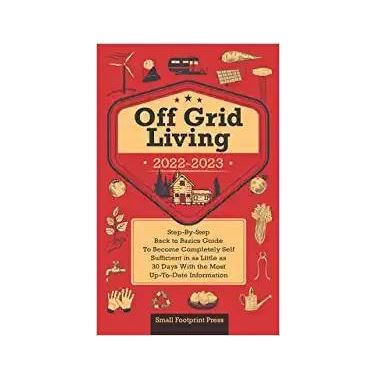
Useful Book: Off Grid Living 2022-2021 – This incredible step by step guide is a great read and gives you useful information about reaching self-sufficiency in just 30 days. Get the paperback on Amazon or read it free with a Kindle Unlimited subscription or listen to the audio version with Audible Plus membership.
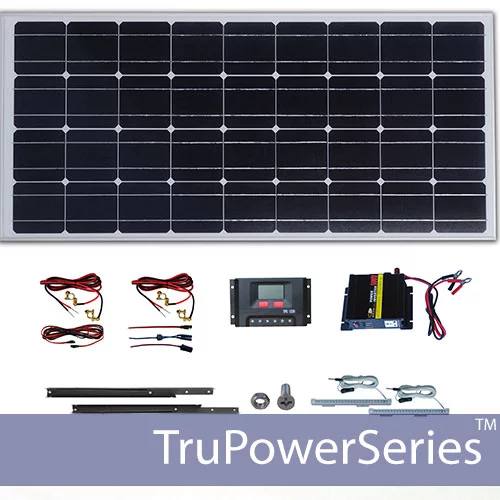
Small Solar Panel Systems: Silicon Solar – This is an excellent company that offers lots of products to get you started on your solar journey. Visit Silicon Solar.
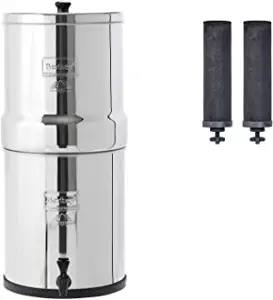
Family Water Filter: Big Berkey – For a fast, affordable water filter with no plumbing required, you can’t beat a Big Berkey gravity-fed filter like this one from Amazon.
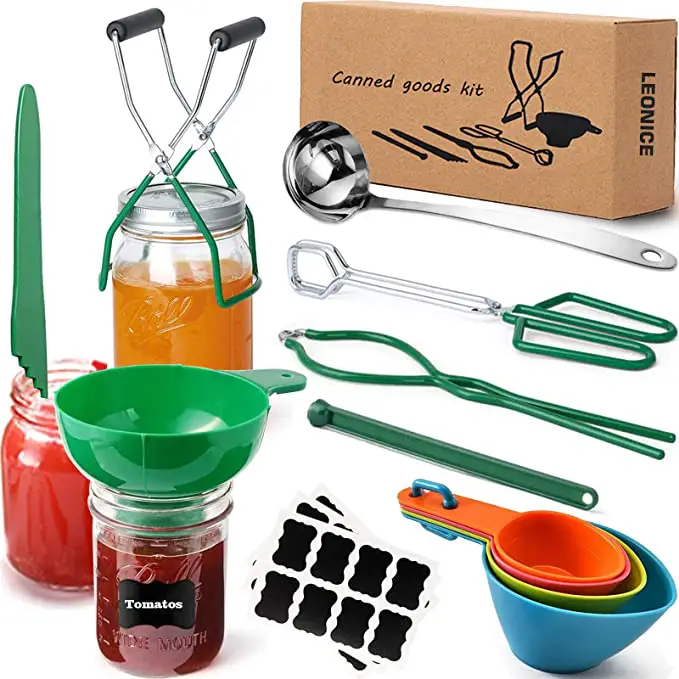
Canning Equipment – This canning starter kit, 22-quart Barton pressure canner and twelve-pack of Ball 16oz mason jars will help you preserve food as you work towards self-sufficiency.
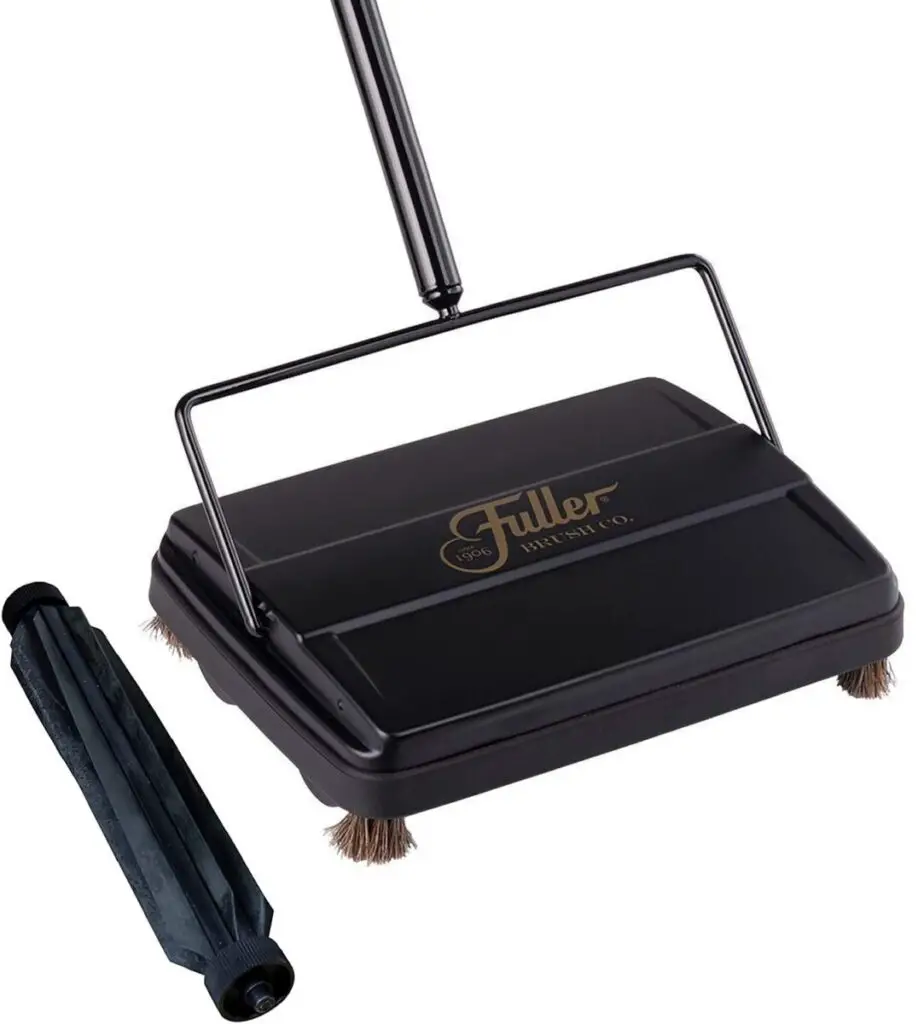
Cleaning: Fuller Carpet Sweeper –. This carpet sweeper is an ideal way to keep your home clean without using up your energy stores on vacuuming.

Handy Knife: Gerber Serrated Paraframe – This handy all-purpose knife is lightweight and ideal for all those little jobs around your home and garden.


